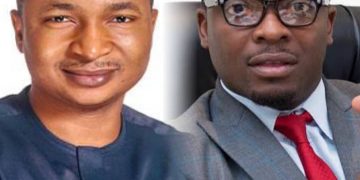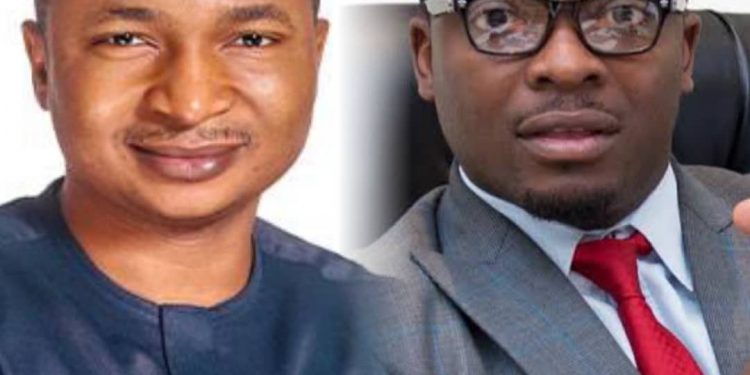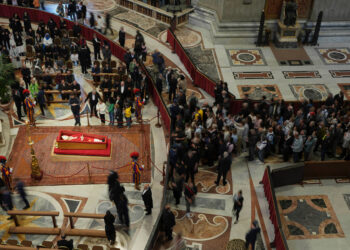By John Ikani and Emmanuel Nduka
Concerned young Nigerians have observed that a major setback for the younger generation in the country’s political sphere is the cost of running for political office which now favours the Nigerian elites.
The observation was championed by anti-corruption crusader, Hamzat Lawal while speaking on Channels Television Young People Conversation with the theme: ‘Nigeria At 61: A Young Peoples Conversation on The Leadership Question’.
Lawal who is the founder of Follow The Money – an initiative of Connected Development [CODE] – observed that youths are thriving in every sector of human endeavour, except in Nigerian politics and highlighted the significance of money as a crucial fuel for the journey to their attainment of political aspirations.
According to him: “To run for State Assembly one needs about 70 million Naira.
“To become a Federal Lawmaker – that is House of Representatives – costs about 200 million Naira. To vie for the position of a Senator one need 5 billion on an average. Also, to run for the position of State Governor, you need to spend 10-15 on the billion.
Although some of the figures do not tally with Heritage Times findings on current political realities, especially on monies spent in the 2015 and 2019 elections, Lawal added that: “Ultimately, to become President requires expenditure of about 20-30 billion Naira”.
“You must spend a lot of money and this is the research Follow The Money has done,” he lamented.
Lawal also expressed worry that Nigeria has now become a two-party state, adding that if at least 90 percent voter turnout is recorded in 2023, the outcome will be different and would reflect the minds of electorates.
He however urged youths to support young people in political parties and generate solution-driven ideas that would help fix Nigeria.
“The world is led by ideas. Right now what we need in Nigeria are solution driven ideas. And young people have the solutions.
“So it’s for us to start talking to our peers in the political parties. Support and ask them how can we penetrate while we bring power from outside and talk to power from inside,” he said.
Similarly, Sijibomi Ogundele, Founder of Sujimoto Properties and popular Nollywood Actress, Kate Henshaw also lent their voices to the call for young people to take over the mantle of leadership from the older generation.
“It is not a sprint, it is a marathon,” Ogundele said. “It’s not impossible, but I don’t see it in 2023,” Henshaw added.
Sponsor of the ‘Not Too Young To Run Bill’, Hon. Tony Nwulu knocked electorates who go to the polls expecting to get money from politicians before they vote. He warned that if they do not desist from such acts, “thunder will fire them”. “We are at a stage where we need fixers to come and fix Nigeria,” he posited.
What you should know
Nigeria is the most populous country in Africa with one of the largest youth populations in the world.
People aged 60 years and older represent a small part of the nation’s population and are ironically constituents of the ruling class.
Their ineptitude and consequent leadership deficit is one of the factors preventing Nigeria from achieving sustainable economic growth and development as well as attaining its full potential.
Where do the young ones belong in the political scheme of things?
In April 2018 Nigeria’s National Assembly resolved to transmit the Not Too Young To Run Bill to the President.
The bill seeking to reduce age qualification for political offices was signed into law in May 2018 by President Muhammadu Buhari.
However Nigerian youths are yet to take advantage of the ‘Not too young to run’ law because partisan politics is too expensive and there is power inequity.
According to BudgIT co-founder, Seun Onigninde: “Our route to public office has been heavily monetised and has been taken out of the reach of decent working people. So, even if you want to run for office, you count the cost, you want to drop all your life savings to contest an election you are not sure of winning?“
Similarly in 2018, a former Presidential Aide, Reno Omokri suggested that Nigeria needs a #NotTooPoorToRun bill to discourage money politics in the country.
He wondered how many Nigerians, without corruption, can afford the nomination form fees set by many parties.



































